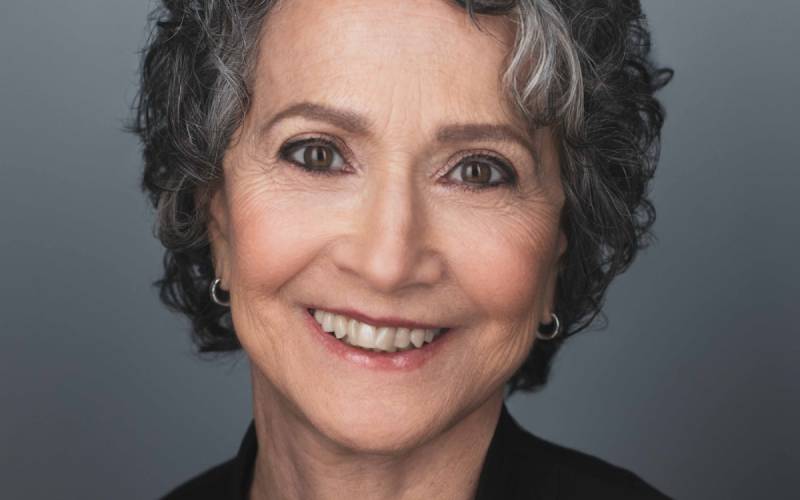“The gift of the [traditional] healer that he shares with those of us who do psychoanalytic work is that we are given an idea of the human mind as being always in a process of mediating the real world and the drives of sex and aggression – which if not moderated can lead to terrible things. We’re in there, and that’s what our training helps us to do.”

Martha Bragin, PhD MSW
New York
Episode Description:
We begin with Martha describing her social work background and how it informed her approach to working with overwhelmed children in New York. She recounts her efforts in El Salvador and her understanding that children who were violent were actually children who were over-exposed to violence. She also functioned as one who accompanied those clinicians who themselves were at risk of being overwhelmed by the violence in their work. We take up her engagement in Angola and their cultural model of the individual as “the self that exists for the purpose of social participation.” We consider the case of a child soldier who was treated by traditional healers for multiple symptoms related to his involvement in atrocities. We note the similarity with Bion’s Knowing and Love as it is lived between the individual, the healer and the community. We close with recognizing the importance of the ‘moral third’ and the centrality of reparation in both African and American cultures.
Our Guest:
Martha Bragin, Ph.D., is jointly appointed Professor at the Silberman School of Social Work at Hunter College and the Ph.D. Program in Social Welfare at the Graduate Center of the City University of New York. She joined the faculty after 30 years of experience supporting United Nations agencies, governments, nongovernmental and people’s organizations to address the effects of violence and disaster on children, youth, families, and the communities in which we live. Dr Bragin is a Fellow of the Research Training Program of the IPA and the editorial board of the International Journal of Applied Psychoanalytic Studies. She serves as a member of Inter-Agency Standing Committee (UN-IFRC-NGO) Reference Group on Mental Health and Psychosocial Support in Emergency Settings, a globally representative body that sets and monitors standards for psychosocial interventions in emergencies. Dr Bragin is recipient of the International Psychoanalytic Association’s Tyson Prize as well as the Hayman Prize for published work on traumatized children and adults in 2011 and 2021. She is the author of numerous peer-reviewed publications and is in private practice in New York City.
Recommended Links:
Bragin, M. (2003). The effect of extreme violence on the capacity for symbol formation: Case studies from Afghanistan and New York. In J. Cancelmo, J. Hoffenberg, & H.
Myers (Eds.), Terror and the psychoanalytic space: International perspectives from Ground Zero (pp. 59–67). New York, NY: Pace University.
Bragin, M. (2004). The uses of aggression: Healing the wounds of war and violence in a community context. In B. Sklarew, S. Twemlow, & S. Wilkinson (Eds.), Analysts in the trenches: Streets, schools and war zones (pp. 169–194). Hillsdale, NJ: Analytic Press.
Bragin, M. (2005). Pedrito: The blood of the ancestors. Journal of Infant Child and Adolescent Psychotherapy, 4(1), 1–20.
Bragin, M. (2007). Knowing terrible things: Engaging survivors of extreme violence in treatment. Clinical Social Work Journal, 35(4), 229 – 236.
Bragin, M. (2010). Can anyone here know who I am? Creating meaningful narratives among returning combat veterans, their families, and the communities in which we all live. Clinical Social Work Journal, 38(3), 316–326.
Bragin, M., & Bragin, G. (2010). Making meaning together: Helping survivors of violence and loss to learn at school. Journal of Infant Child & Adolescent Psychotherapy, 9(2), 47-67.
Bragin, M. (2012). So that our dreams will not escape us: Learning to think together in time of war. Psychoanalytic Inquiry: A Topical Journal for Mental Health Professionals, 32 (2), 115–135.
Bragin, M. (2019) Pour a libation for us: Restoring the sense of a moral universe to children affected by violence. Journal of Infant, Child, and Adolescent Psychotherapy 18 (3), 201- 2011.

Im pretty pleased to discover this great site. I want to to thank you for ones time due to this fantastic read!! I definitely really liked every little bit of it and I have you saved as a favorite to check out new things in your website.